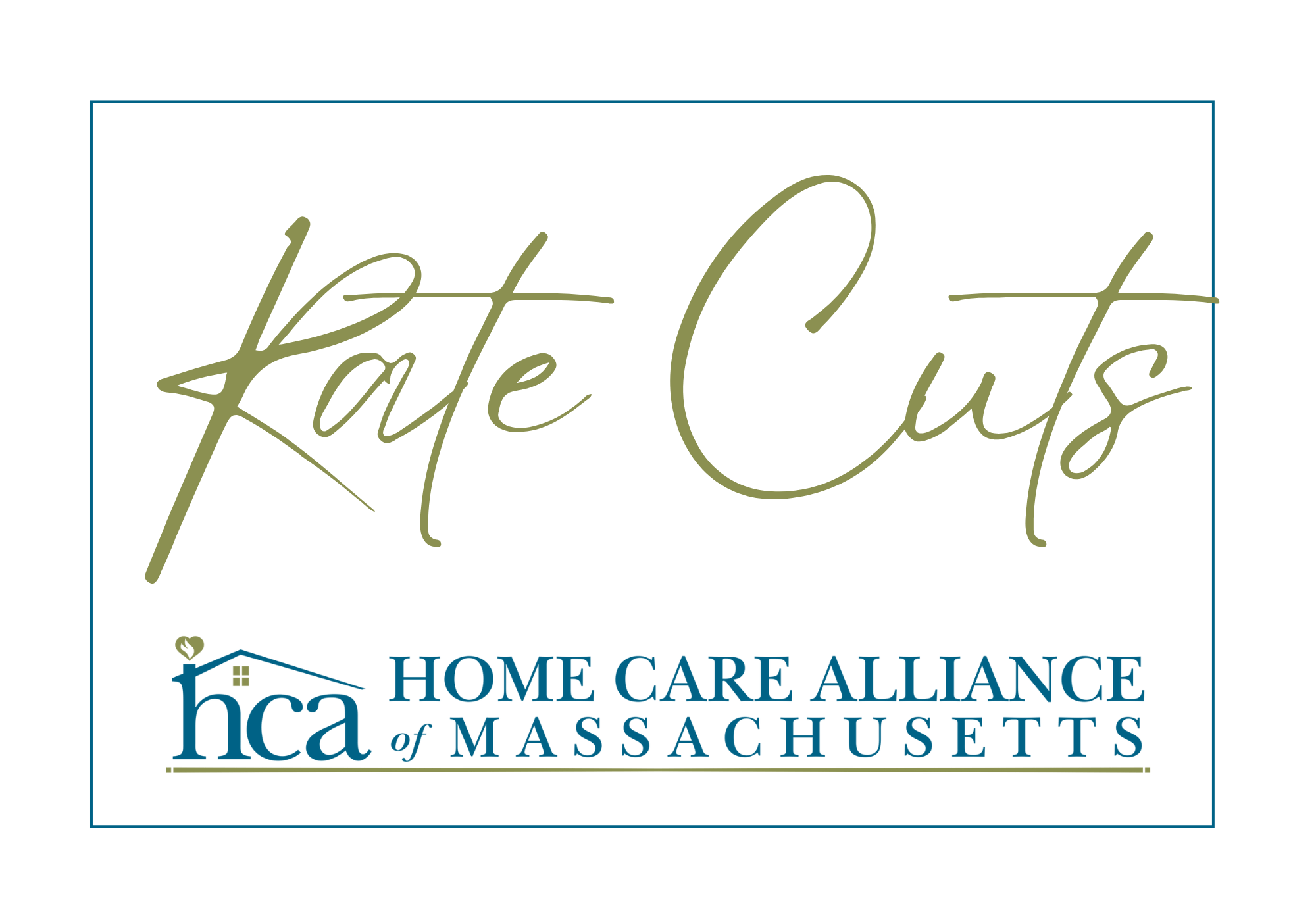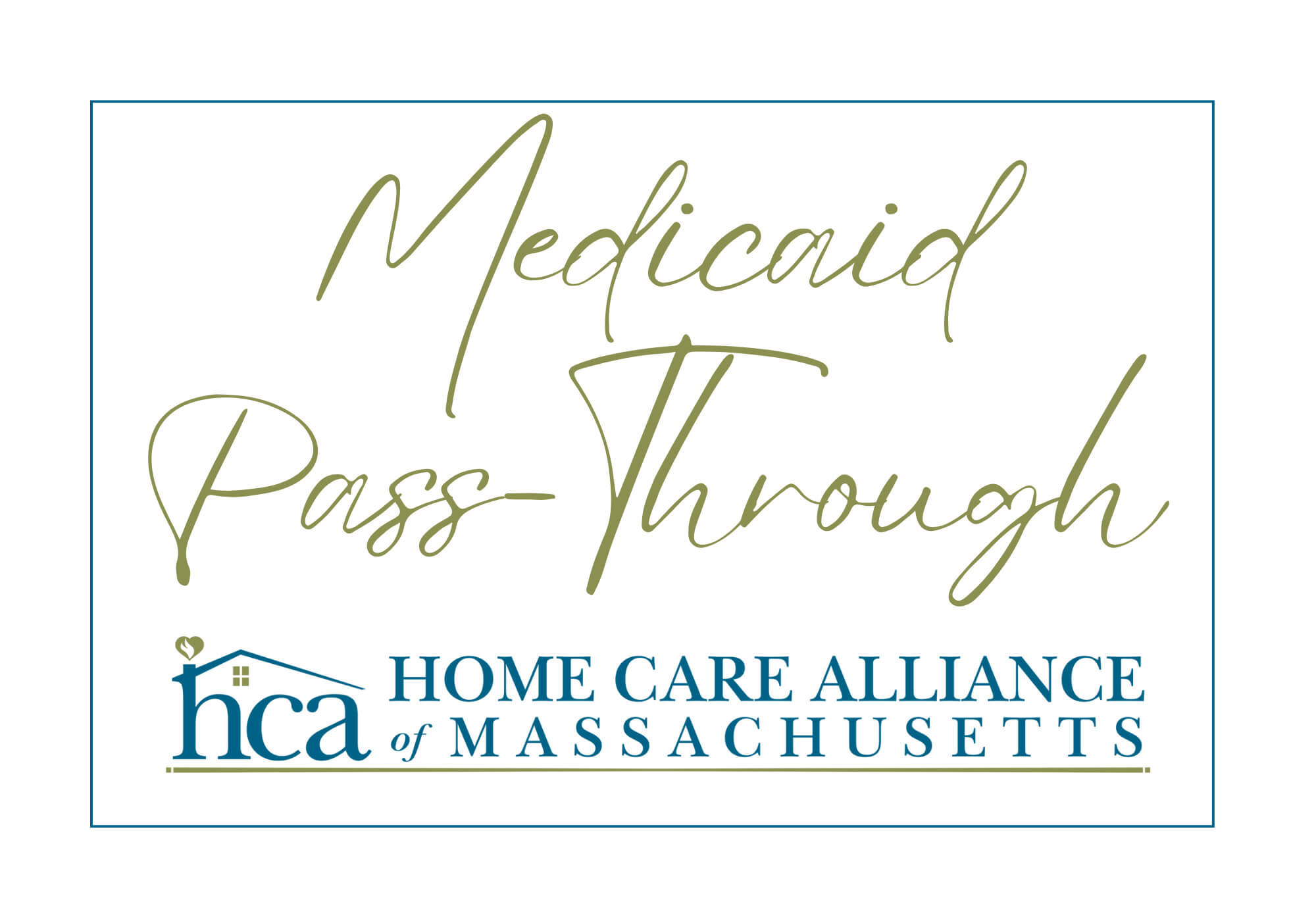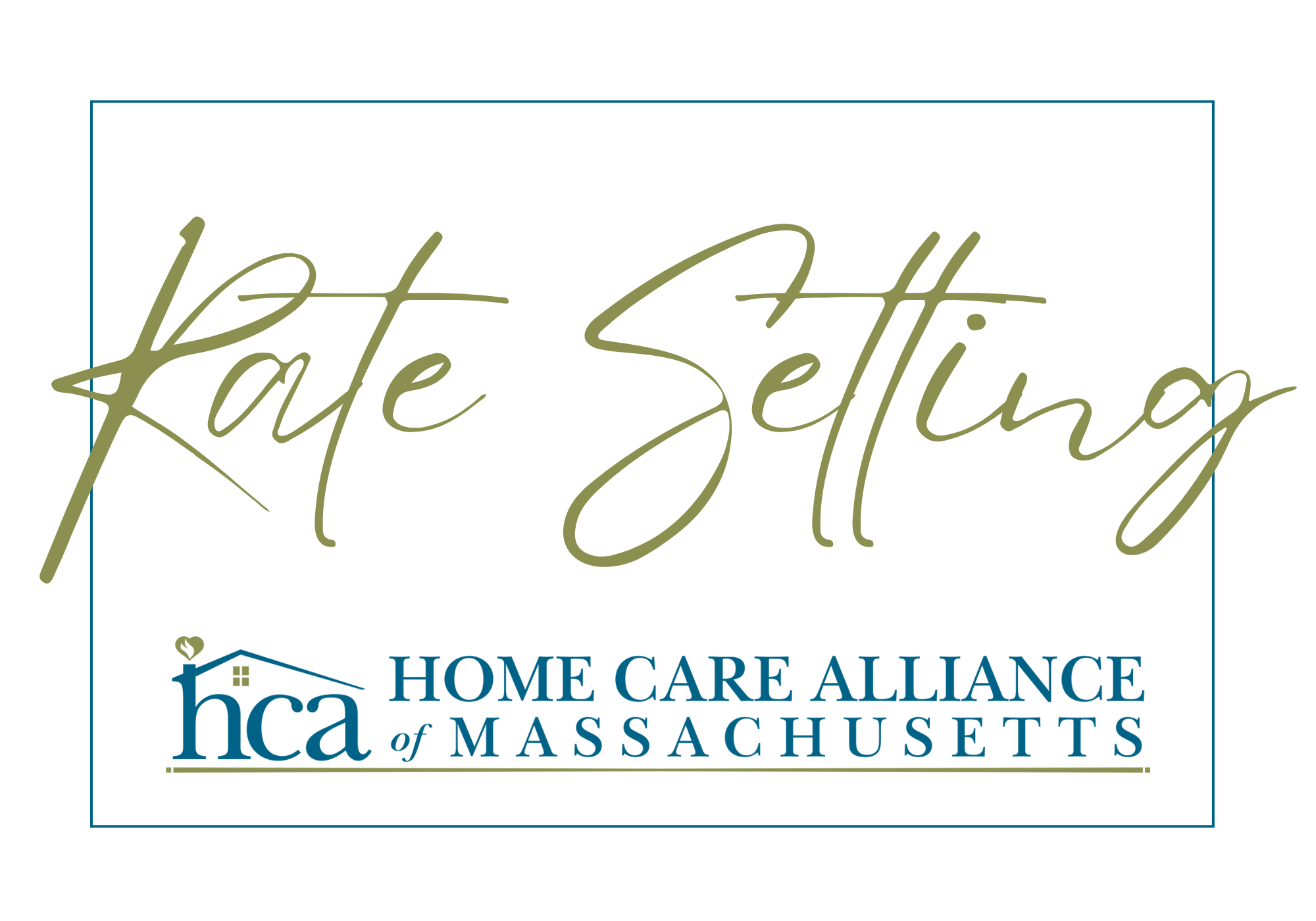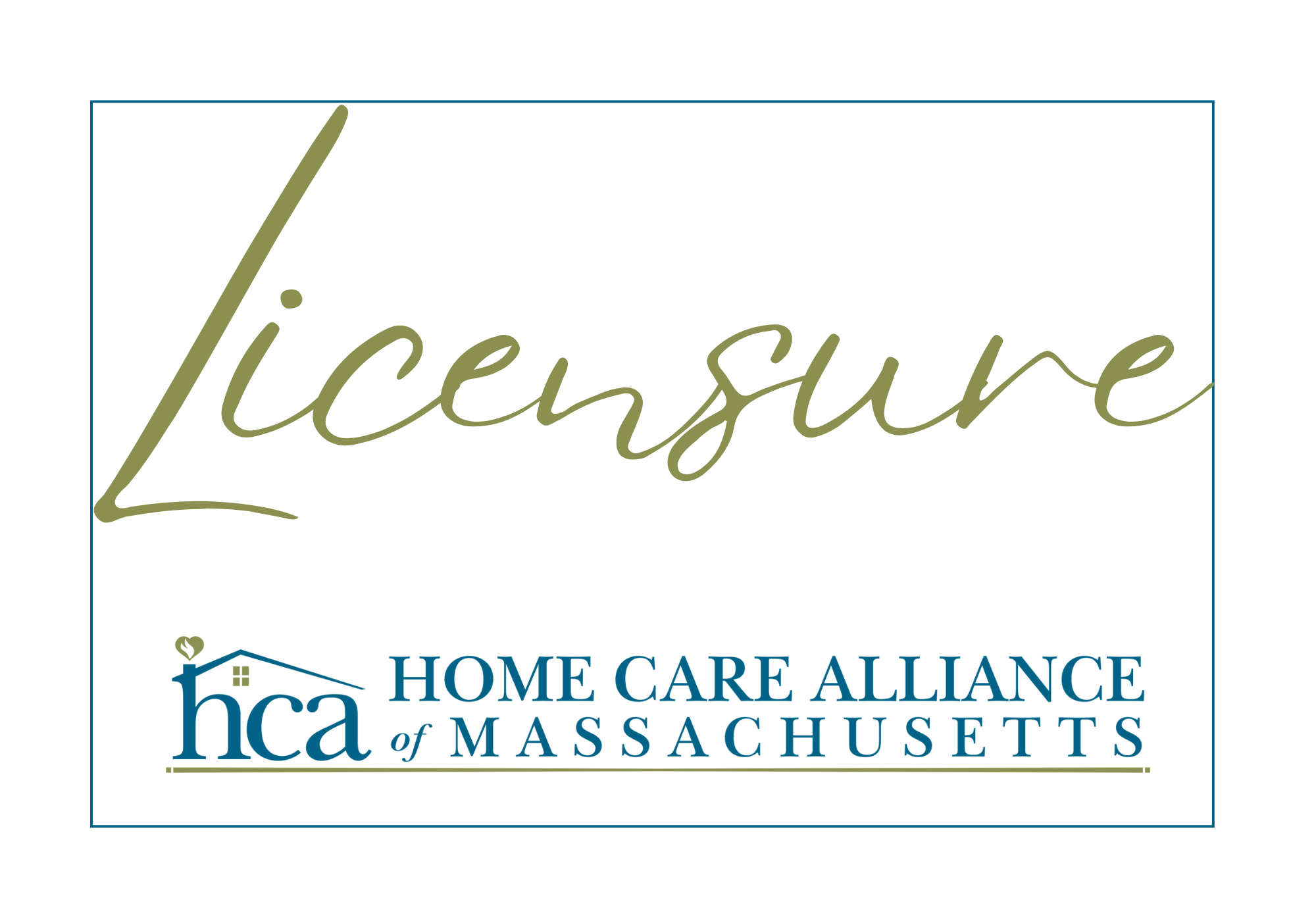Legislative Priorities
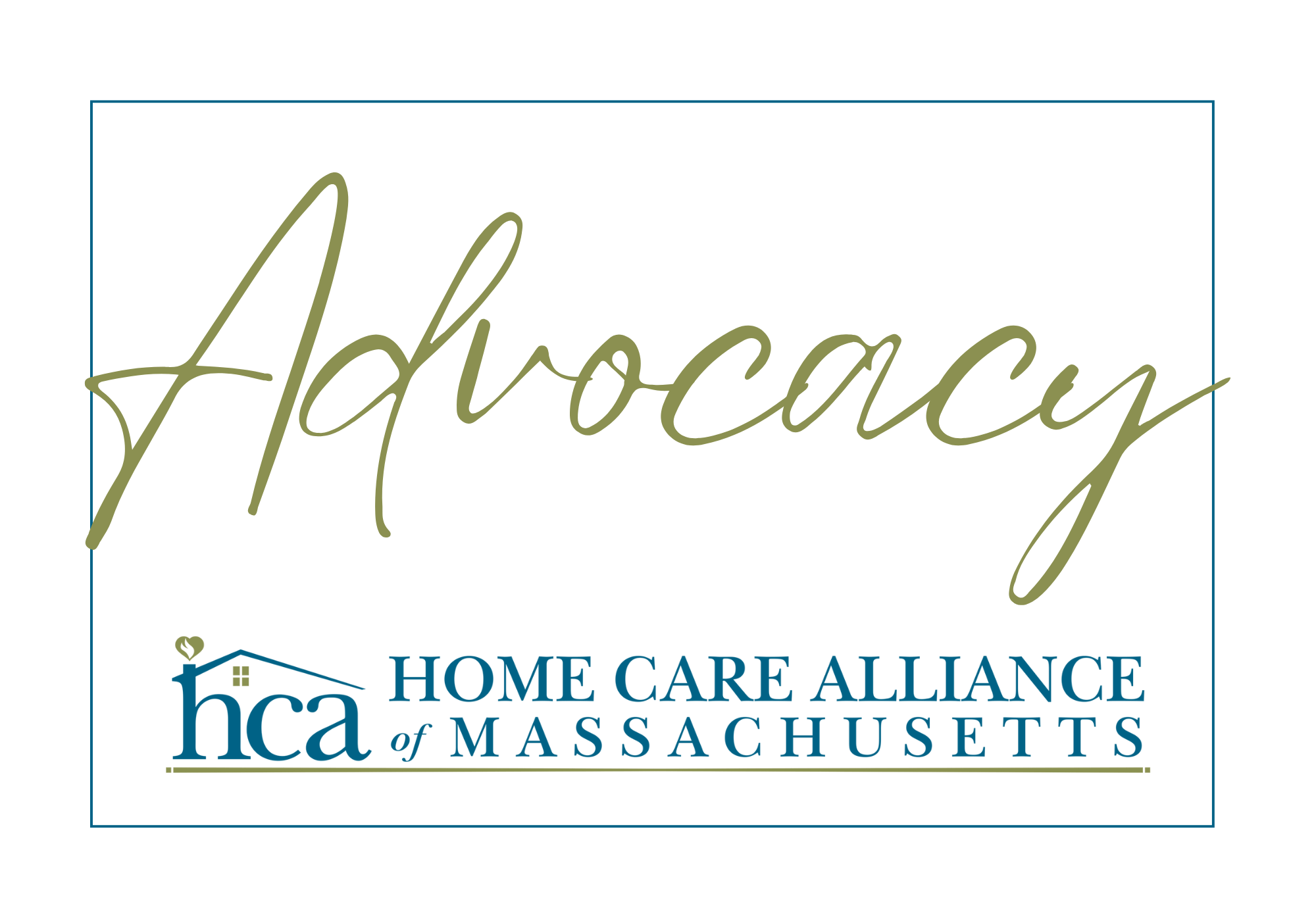
Advocacy in home care is essential for shaping policies that improve patient care and support the workforce. Your participation helps ensure that the voices of home care professionals are heard, driving positive change in the industry.
Federal Priorities
Urge Your Congress to Delay 2026 Home Health Rate Cuts
The Centers for Medicare & Medicaid Services (CMS) recently released their FY 2026 Home Health Final Payment Rule, which proposes over $1.1 billion in cuts to home health payments for 2026. If finalized, these cuts would further destabilize access to care at home for millions of seniors and put home health providers at serious risk.
To fight back, HCA along with the National Association for Home Care and Hospice (NAHC) to introduce The Home Health Stabilization Act of 2025 (H.R. 5142), which would pause cuts in 2026 and 2027 to ensure that beneficiaries continue to have access to necessary services and that home health agencies are able to continue to provide these services.
Please use the action alert below to write to urge your member of Congress to preserve home health care because once providers close their doors, they rarely come back.
Tell Congress to Stop the Medicaid HCBS 80/20 Pass-Through!
In the Medicaid Access Rule CMS finalized a requirement that no less than 80% of all Medicaid payments, including but not limited to base payments and supplemental payments, be spent on compensation to direct care workers, for homemaker services, home health aide services, and personal care services. This requirement applies to services delivered under sections 1915(c), (i), (j), (k), and potentially also 1115 of the Social Security Act as well as those delivered through managed care contracts. Notably, it would not apply to 1905(a) State plan personal care and home health services.
The rule defines “compensation” narrowly as:
- Salary and wages;
- Benefits (such as health and dental benefits, paid leave, and tuition reimbursement);
- The employer share of payroll taxes for direct care workers; and
- Other remuneration as defined by the Fair Labor Standards Act
Use the link below to tell members of Congress to co-sponsor H.R. 8114, a bill that would prevent CMS from moving forward with a new requirement that Medicaid HCBS providers pass through 80% of their reimbursements to home care workers.
State Priorities
Enough Pay to Stay: A Bill to Reform Home Care Rate Setting Processes
Currently, agencies have been heavily reliant on non-guaranteed supplemental rate add-ons that have been passed by legislators through the state budget process. The Alliance has been actively working to pass legislation that would end the need for the Legislature to fund these supplemental rate add-ons for home care and home health workers every year. The goal is to ensure the existing rate setting process works and provides consistent rates that accurately reflect the true cost of providing home care and home health services to consumers across the Commonwealth.
This legislation would clarify the rate setting processes that are already in place for both home health and home care services. It does not set the rates or dictate the amount for future rates set by Mass Health and EOHHS. It would make the rate setting process more transparent and ensures rates set by the state follow the rate setting laws and reflect the actual operating costs incurred by home health and home care providers.
Licensure of Home Care Services
Massachusetts remains one of a handful of states without a licensure structure as a condition to provide home care services. In 2017, Governor Baker signed into law a framework for the Department of Public Health to establish a licensure structure for 'skilled' home health services. This framework did not include non-medical personal care services.
For many years, the Home Care Alliance has supported and advocated for legislation which would establish a licensure structure in Massachusetts. It is our vision that this regulatory structure would establish a baseline set of standards for home care agencies to comply with in order to lift up the industry at large and protect consumers.
Please use the link below to write to your state legislators urging them to support H.649, an Act to Improve Massachusetts Home Care, which would create a licensure system that would establish baseline standards for agencies, to ensure a quality network of providers for consumers and keeping services affordable for those who rely on them.
Get Involved! Advocate with the Alliance
Read about recent events, essential information and the latest community news.
Advocacy
Have your voice heard in the public sphere! Join the Alliance's advocacy efforts now, to create a better tomorrow for patients, staff. By advocating for a cause, individuals are able to spotlight their perspective to the wider community and act as a catalyst for change.
Weekly Update
Keeping up with changes in the home care industry is a challenge. That’s why Alliance members check their inboxes every Thursday for Update, our weekly e-newsletter. Each issue discusses the latest in regulatory and legislative changes, Alliance events and announcements, and featured ads from our popular job bank.
Education
The Education Committee and Alliance staff offer various networking events, advocacy opportunities, and educational programs throughout the year. We strive to meet identified needs across the membership spectrum.
Networking Groups
Alliance groups are available solely to members of the Home Care Alliance or their employees. To join, click on any of the links on the next page and an email will launch with your request and will be reviewed by Alliance staff. Simply click the accept button and you'll be a member of the group.
Become a Member and Stay Informed
Joining the Alliance is a smart business decision for anyone involved Massachusetts' care at home setting.


